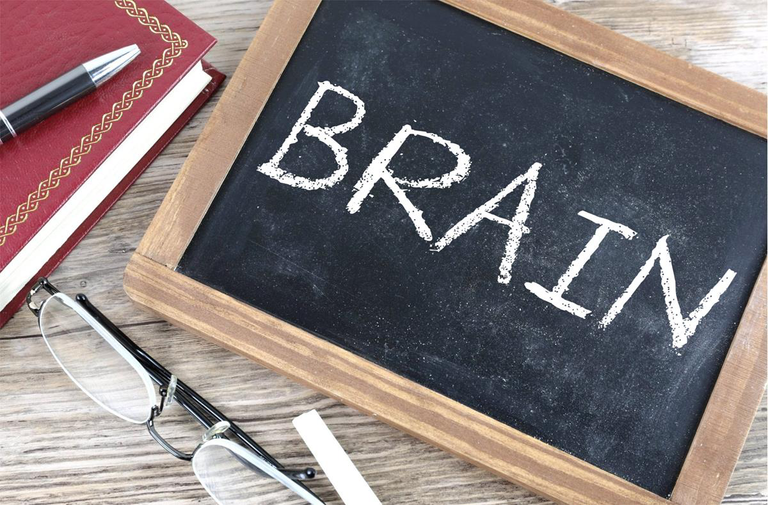How Repetition Solidifies Our Memory

Hello my friends. For today, I would like to present to you how you can use the Repetition Technique in order to get the information fixed into memory with much ease. However, let me start by asking if you have ever had an experience where all of a sudden, a certain task that you do becomes perfect and it keeps getting better each time you repeat the same thing. Have you ever stopped for a moment to think about how easily those favorite song lyrics roll off your tongue after just listening to them a few times? Or maybe there was this thrill when you could recall a friend's phone number after dialing it numerous times? These common experiences are the best examples of how repetition works in our brain. So, in this piece we will focus on how repetition can help in remembering things.
For you to get a complete grasp of the matter though, try to imagine the brain - as a muscle that grows stronger when trained - just like the way you train your arm muscles. Whenever we deliver a new idea, our brain will make a note of it, but when it is repeated, that is the time that it gets strictly stored in our memories. The more you deliberation over a piece of information, be it a fact, a skill, or just a personal detail, the more the neurons involved in such memory storage form stronger connections. Carry on with this analogy, in that you will shape a well trodden path in your brain, with every step you put, you will walk that path smoother and more accessible gradually.
I can remember when I was a first year, learning for important exams. Directly, reading my notes without digesting them would be ignoring any chance of mastery. That's right. Secondly, I need that repetition of the power to situate as well. I revisited and reviewed the given material several times over, and (I may) ( in addition), spread out my study sessions. What I was executing then was kind of a message to my brain that goes like, "See, this is essential, pay attention!” This repetition gives a kick-start to the brain's memorability by creating and solidifying existing neural pathways that are later on easier to retrieve.
The most interesting thing is that repetition doesn't have to be mundane. You can actually get creative with it. You can Transform that phone number you struggle to remember into a catchy tune or rhythm. Convert the key points of your study material into visual illustrations or mnemonic devices to make them more engaging and easier to retain, this is what most students do here. By infusing repetition with creativity and innovation, you not only enhance your memory but also make the learning process more enjoyable and effective.
You may have noticed that most times, you sing along with commercial services which advertise through music. I can assure you that advertisers are well aware of the potency of repetition in memory retention. By cleverly employing catchy slogans or memorable visuals in their advertisements, they harness the power of repetition to ensure that their brand or message stays ingrained in your mind. Therefore, when next you catch yourself singing along to a commercial tune, you'll appreciate the subtle yet persuasive influence of repetition on memory.
Finally dear reader, whether you are struggling to master a new language, honing a skill, or memorising important details, if you practice repetitions of these things, you won't miss them when necessary . So welcome this idea wholeheartedly, try different techniques, and you will see how it will transform fleeting information into enduring memory which is imprinted within your brain.
References
(1) How Repetition Solidifies Memory - Neuroscience News. https://neurosciencenews.com/rwpwtition-memory-26114/.
(2) How Repetitive Practice Forms New Memory Pathways in the Brain. https://www.technologynetworks.com/cell-science/news/how-repetitive-practice-forms-new-memory-pathways-in-the-brain-386807.
(3) Understanding Learning and Memory: The Neuroscience of Repetition. http://gretchenschmelzer.com/blog-1/2015/1/11/understanding-learning-and-memory-the-neuroscience-of-repetition.
(4) How Repetition Helps You Preserve Your Memory. https://memoryenhanced.com/how-repetition-helps-you-preserve-your-memory/.
(5) How Does Repetition Help Memory and Memorization?. https://irisreading.com/how-does-repetition-help-memory-and-memorization/.
(6) en.wikipedia.org. https://en.wikipedia.org/wiki/Memory.


Thanks for your contribution to the STEMsocial community. Feel free to join us on discord to get to know the rest of us!
Please consider delegating to the @stemsocial account (85% of the curation rewards are returned).
You may also include @stemsocial as a beneficiary of the rewards of this post to get a stronger support.